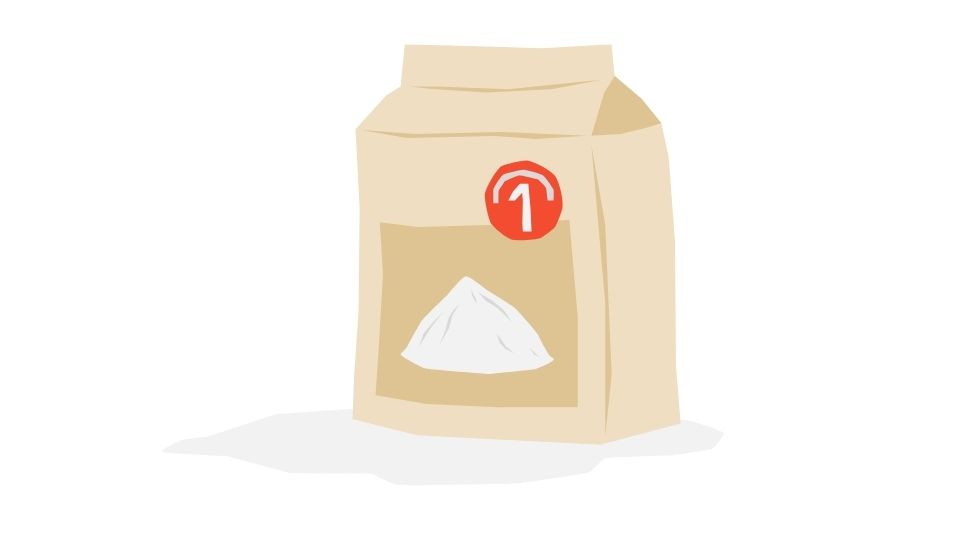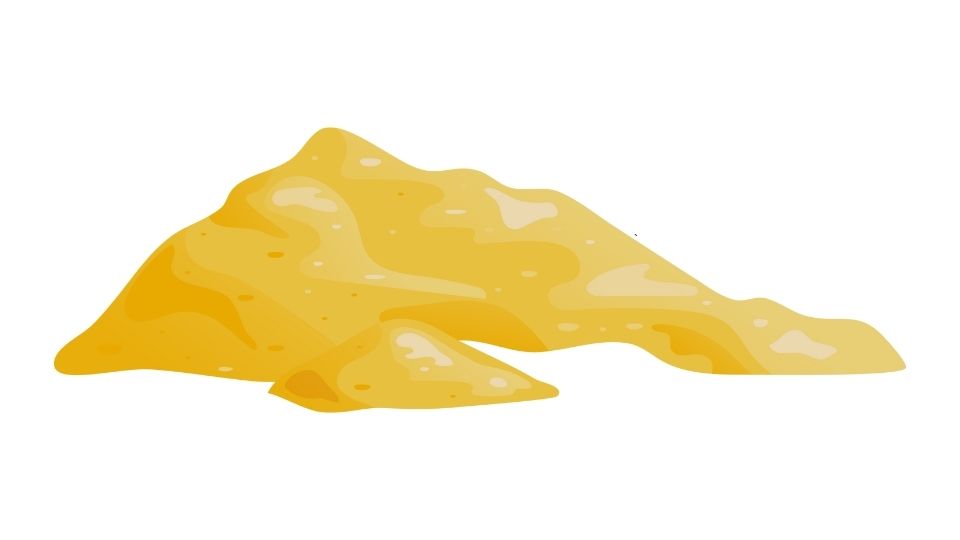Is Protein Powder Effective for Muscle Gain?

Protein powder is probably the most common supplement in the fitness world.
And for good reason: if you’re looking to build muscle, improve recovery, or just make sure you’re getting enough protein in your diet, it’s an effective tool in your nutrition toolkit.
But is protein powder actually good for muscle gain? And if so, how should you use it?
Let’s break down the science, benefits, and practical tips for using protein powder to build muscle — without all the supplement industry hype.
Is Protein Powder Good for Muscle Gain?
The short answer: Yes, protein powder can be great for muscle gain when combined with resistance training.
But the long answer is more interesting (and useful).
Whey protein is widely considered the gold standard for muscle building supplements because:
- It’s a complete protein containing all nine essential amino acids
- It has a high concentration of BCAAs (branched-chain amino acids), especially leucine, which is the main trigger for muscle protein synthesis
- It’s fast-absorbing, delivering amino acids to your muscles quickly after exercise
Think of protein powder as the construction material your body needs to build and repair muscle after you’ve stimulated growth through exercise. Without the stimulus of training, all the protein in the world won’t build significant muscle. But without adequate protein, your training won’t translate to optimal gains.
The Science-Backed Benefits of Protein Powder

Let’s get into the actual benefits that research shows protein powder can provide:
1. Supercharges Muscle Protein Synthesis
Protein powder, especially whey, is incredibly effective at triggering muscle protein synthesis (MPS) — the biological process that builds new muscle tissue.
Studies show that whey protein is particularly effective because of its high leucine content, which acts like a key that “unlocks” the muscle-building process. One meta-analysis of 22 studies found that protein supplementation significantly enhanced changes in muscle strength and size during prolonged resistance training.
2. Speeds Up Recovery Between Workouts
Ever been so sore after a workout that you had to skip your next training session? Protein powder can help with that.
Research shows that adequate protein intake reduces exercise-induced muscle damage and soreness, allowing you to train more frequently and with greater intensity. A study in the Journal of the International Society of Sports Nutrition found that whey protein supplementation improved recovery and reduced muscle damage after intense exercise.
3. Helps Build Lean Muscle Mass
This is the big one, right? When combined with resistance training, protein supplementation leads to greater gains in lean muscle mass compared to training alone.
A comprehensive review in Sports Medicine found that protein supplementation may enhance muscle mass and performance during resistance training in both trained and untrained individuals.
4. Offers Unbeatable Convenience
Let’s be real — one of the biggest benefits of protein powder is simply how convenient it is.
Try carrying around 25 grams of chicken breast in your pocket all day.
Protein powder makes it easy to hit your daily protein targets, especially when you’re busy, traveling, or just don’t feel like cooking another chicken breast.
How to Use Protein Powder for Maximum Muscle Gain

Now that we know protein powder works, let’s talk about how to use it effectively:
Timing: The Anabolic Window Myth
Remember the old bodybuilding advice that you need to slam a protein shake within 30 minutes after your workout or lose all your gains?
Good news: that’s mostly BS.
While post-workout protein is important, research now shows the “anabolic window” is much wider than previously thought — up to 24 hours after training. Your muscles remain sensitive to protein for quite a while after exercise.
That said, having protein within a couple hours of training is still a good practice — it’s just not the emergency situation supplement companies want you to believe.
Dosage: How Much Do You Need?
Research suggests that 20-30 grams of protein per serving is the sweet spot for most people. This amount provides enough amino acids to maximize muscle protein synthesis without wasting protein (which your body would just convert to energy).
Interestingly, more isn’t always better. Studies show that protein synthesis doesn’t increase much beyond this amount in a single serving.
For daily intake, aim for 1.6-2.2 grams of protein per kilogram of bodyweight if you’re training regularly. For a 175-pound (80kg) person, that’s about 128-176 grams of protein per day.
Which Type of Protein Powder is Best?
There are tons of options out there, but here’s a quick breakdown:
- Whey Protein Isolate: Highest protein content (90%+), lowest in lactose and fat, fast-absorbing — ideal for muscle building
- Whey Protein Concentrate: Slightly less protein (80%), more fat and lactose, but often cheaper
- Casein Protein: Slow-digesting, good for sustained amino acid release (great before bed)
- Plant Proteins (pea, rice, hemp): Great for vegans or those with dairy allergies, though typically contain less BCAAs than whey
For pure muscle building purposes, whey protein isolate generally comes out on top due to its amino acid profile and absorption rate.
Choosing the Right Protein Powder

With literally thousands of protein powders on the market, how do you choose? Here’s what to look for:
1. Check the Protein Content and Quality
Look at the nutrition label and check how many grams of protein you get per serving. A good protein powder should deliver at least 20g per scoop with minimal filler.
Also check the amino acid profile if available — higher leucine content is better for muscle growth.
2. Consider Your Digestive Tolerance
If whey gives you digestive issues (common for those with lactose sensitivity), consider:
- Whey isolate (which has less lactose)
- Protein powders with added digestive enzymes
- Plant-based alternatives
3. Watch Out for Additives and Sweeteners
Some protein powders are loaded with artificial sweeteners, colors, and fillers. While not necessarily harmful, you might prefer cleaner formulations with minimal ingredients.
4. Third-Party Testing
The supplement industry isn’t tightly regulated, so look for products tested by third parties like NSF or Informed Choice to ensure you’re getting what’s on the label (and nothing else).
Limitations of Protein Powder (Let’s Be Real)

Protein powder isn’t magic, and it has some limitations worth noting:
- It’s a supplement to whole foods, not a replacement. Real food provides nutrients that protein powder doesn’t.
- It won’t compensate for a poor training program. The stimulus for muscle growth comes from training.
- More isn’t better. Excess protein doesn’t build more muscle and may just be converted to energy.
- Individual response varies. Some people respond better to protein supplementation than others.
As Dr. Stuart Phillips, a protein metabolism researcher, puts it: “Protein supplementation is the icing on the cake, not the cake itself.”
The Bottom Line
Protein powder is good for muscle gain when used appropriately alongside resistance training. It’s a convenient, effective way to ensure you get enough high-quality protein to support muscle growth and recovery.
But remember:
- It works by supporting the muscle-building process, not by magically creating muscle
- It’s most effective when used as part of a complete nutrition and training program
- Whole food protein sources are still important for overall health
I personally use whey protein on training days and when I’m on the go, but I still prioritize whole food protein sources like eggs, chicken, fish, and yogurt for the majority of my intake.
The best approach? Use protein powder as a tool in your nutrition toolkit — not as a replacement for good training, adequate recovery, and a solid whole-food diet.
Because at the end of the day, while protein powder can help you build muscle, the real gains come from consistency in the gym and kitchen.

